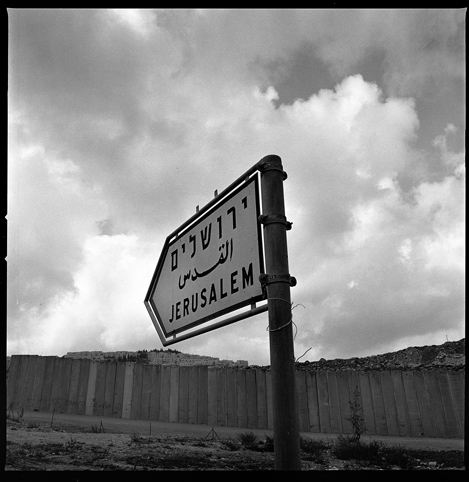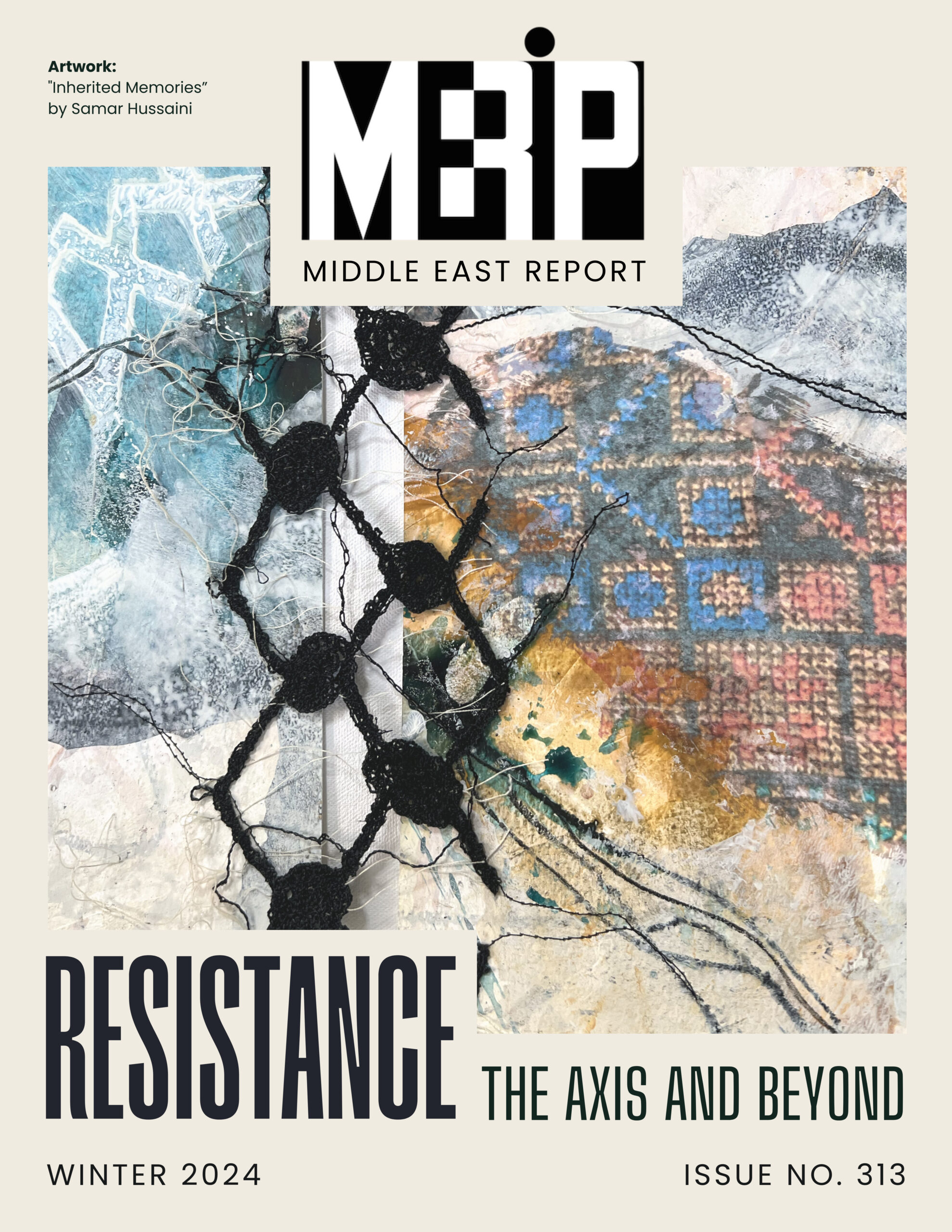IN THIS ISSUE:
Turkey’s Woman in the Red Dress
On June 1, the day after the brutal police attack to disperse the occupation of Gezi Park, thousands more protesters descended upon Taksim Square in central Istanbul. By the end of the week, demonstrators filled the plaza completely, with those in the park itself behind barricades should the police mount another raid. The atmosphere reminded many of a carnival, with people sharing food and dancing to music as they chanted slogans in the shade of the towering trees. It was an anxious occasion all the same — two protester tents were designated as infirmaries. Everyone wore masks or scarves around their necks to ward off tear gas and many carried first aid items for the volunteer health personnel.
Generation Y in Gezi Park
Generation Y has figured large in the global pattern of protest beginning at the tail end of the 2000s. In marches against the fraudulent presidential election in Iran, against austerity in southern Europe, against autocracy in places from Morocco to Bahrain, and against greed and corruption in the United States, people born between 1980 and the late 1990s, aged 15-30, have been a driving force. Generation Y, also known as the millennials or the We Generation, is more than 2 billion people, roughly a third of the world’s total population.
Syrian Drama and the Politics of Dignity
Undeterred by pleas for mercy, the high-ranking intelligence officer Ra’uf pushes the junior ‘Azzam to his knees. Ra’uf forcibly shaves the young man’s head as other officers look on. He commands ‘Azzam to remove his shirt and pants, do pushups, jump up and down, and slide across the ground on his elbows. When another officer pounds him with a bat, ‘Azzam breaks down. Crying that he has had enough, he grabs a gun, shooting into the air and then at Ra’uf’s feet. He orders Ra’uf and the others onto the ground, gathers his clothes and runs away. When Ra’uf presses charges, an exceptionally kind mukhabarat officer says, “I saw how you humiliated him and induced him to carry a gun.”
“This Is Our Square”
In June 2013 popular anger, excitement and apprehension rippled through Cairo. Lines at gas stations snaked into major roadways, paralyzing traffic. Artists occupied the Ministry of Culture to oppose a new minister from the Muslim Brothers’ Freedom and Justice Party who had fired respected cultural leaders. Artists, including the Cairo Opera ballet troupe, performed in solidarity in front of the Ministry, in a pointed retort to a member of the salafi Nour Party who said that ballet “provoke[ed] people to immorality.” Determined to oust then-president Muhammad Mursi, citizens signed the Tamarrud (Rebellion) petition calling for early presidential elections and planned to attend anti-Mursi demonstrations on June 30.
CURRENT ANALYSIS
Preening Like a State
On Tuesday, Mahmoud ‘Abbas surprised peace processers by making use of Palestine’s recently upgraded status as a UN-recognized “state” to sign 15 international agreements, mostly concerning human rights, humanitarian law and diplomatic protocol. The move was announced at a hastily convened meeting of the PLO executive committee, but appears to have been carefully crafted to support extending the US-sponsored negotiations that have dragged on haplessly over the past nine months.
Refugee 101
Crossing the border at Masna‘, al-‘Abboudiyya or Mashari‘ al-Qa‘a, Syrian refugees entering Lebanon face an immediate choice: Stay in the tented settlements in the north and the Bekaa Valley or make their way to coastal cities such as Beirut and Sidon. Their experiences will vary greatly depending on the choice they make. The tented settlements are exposed to the elements, lack privacy and have virtually no job opportunities, but are accessible to aid providers. By contrast, refugees from Syria often have family connections in the coastal cities. Though Beirut and Sidon are expensive and crowded, there are more varied accommodations, schooling options and limited chances for employment.
Patronizing Women
President Barack Obama capped his visit to the Kingdom of Saudi Arabia on Saturday by presenting the International Women of Courage award to Maha al-Muneef, a pediatrician and executive director of the anti-domestic violence National Family Safety Program (NFSP). We are “very, very proud of you and grateful for all the work you’re doing here,” Obama told her in a brief ceremony at the Riyadh Ritz Carlton. “I’m looking forward to seeing you do even more wonderful things in the future.”
LATEST ISSUES
FEATURED PRIMER

Primer: Palestine-Israel
Read the newest iteration of MERIP’s Palestine primer. Published in March 2025, and updated to reflect developments in the ten years since our previous primer, it provides an overview of key actors, organizations, historic events, political developments and diplomatic initiatives that have shaped the status and fate of Palestinians and the State of Israel from the late nineteenth century to the present.


